Balochistan’s coal miners: Trapped between a rock and a hard place
As security risks grow, workers leave industry with no real alternatives.
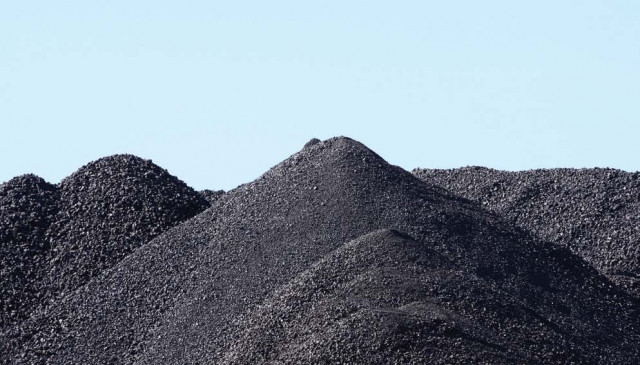
Balochistan’s volatile security situation is producing an inevitable trickling effect.
As pick, kill and dump incidents continue to rise across the beleaguered province – with alleged involvement of law-enforcement agencies – the coalmining industry seems to be a victim too, with many shutting down operations across the region.
Thousand of coal mine workers have left the industry and dozens of companies have closed their operations citing lack of security and safety at mining fields – in a province where at least 268 million tons of coal reserves sit idle, according to the Mines and Mineral Development Department.
However, the poverty-stricken province remains rich in mineral deposits. Harani, Sharaq and Zardalo are estimated to have 76 million tons of coal reserves, Duki has 51 million tons, Sorange, Sinjidi and Degari have 50 million tons, Chamalang has 50 million tons, Mach Ab-e-Gum has 23 million tons, Pir Ismil Ziarat has 12 million tons and Musa Khel has six million tons of coal reserves.
It is estimated that around 80,000 to 90,000 people are currently employed in the mining industry and more than 50,000 people are working at the Chamalang mines alone — one of the largest coal mines in the region.
Coal mine department’s official Ali Ahmed told The Express Tribune that after the killing of seven mine workers in Sorange area in July, most of the coal mine workers went on a strike. “Some of the workers came back and started working but the majority of them have not resumed work because of the deteriorating law and order situation in Balochistan,” he said. “Some banned militant organisations had already threatened workers with attacks if they worked in the mines. That’s why they are avoiding coming to work.”
The official said that seven more coal mine workers are still missing from the Pir Ismail area of Ziarat. “More than a 100 coal mining companies have shut down operations due to non-availability of workers,” he said. In Quetta and its surrounding areas, at least 90 coal mines are present but only 20 of them are operational, he revealed.
Ghulam Rasool, a mine worker, told The Express Tribune that the money they make barely makes ends meet. “After 12 hours of duty I only get Rs200 to 300 and no other facilities or bonuses are provided. The government is not taking any steps to improve this industry,” he said.
Balochistan Coalmines Chief Inspector Ghulam Farooq has said that the equipment used in Balochistan’s coal mining industry is not the standard equipment the developed countries use and it is almost never maintained properly. “We can’t pressurise companies to use better and modern equipment to improve production,” he said.
Balochistan Central Mines Federal Labour Federation President Bahkt Nawab said that the trend of coalmines shutting down operations in Balochistan demonstrates the adverse impact of poor security on the country’s economy in general.
“Mine workers who are the backbone of the country are feeling unsafe and facing financial difficulties,” he said, adding that the government and owners of private coal mine companies are not providing any basic facilities or services to the workers in the field. “Hundreds of workers are losing their livelihoods because of a lack of basic facilities.”
Between 2005 and 2012, at least 310 coal mine workers were killed and dozens others injured in major incidents. At least 46 were killed in 21 incidents in 2010 alone. In 2011, some 92 workers were killed in 33 separate incidents and in the current year till June, 26 died in 24 separate incidents.
Nawab also revealed that workers who had died in the field were paid compensation after an exceptionally long period of three years. “The mine department has failed to implement safety laws for the coal mines,” he said.
Published in The Express Tribune, August 7th, 2012.

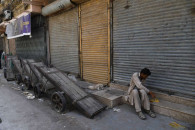

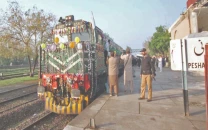
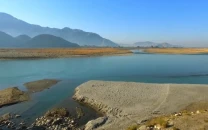
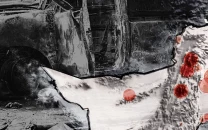
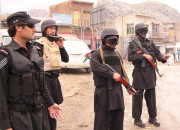












COMMENTS
Comments are moderated and generally will be posted if they are on-topic and not abusive.
For more information, please see our Comments FAQ